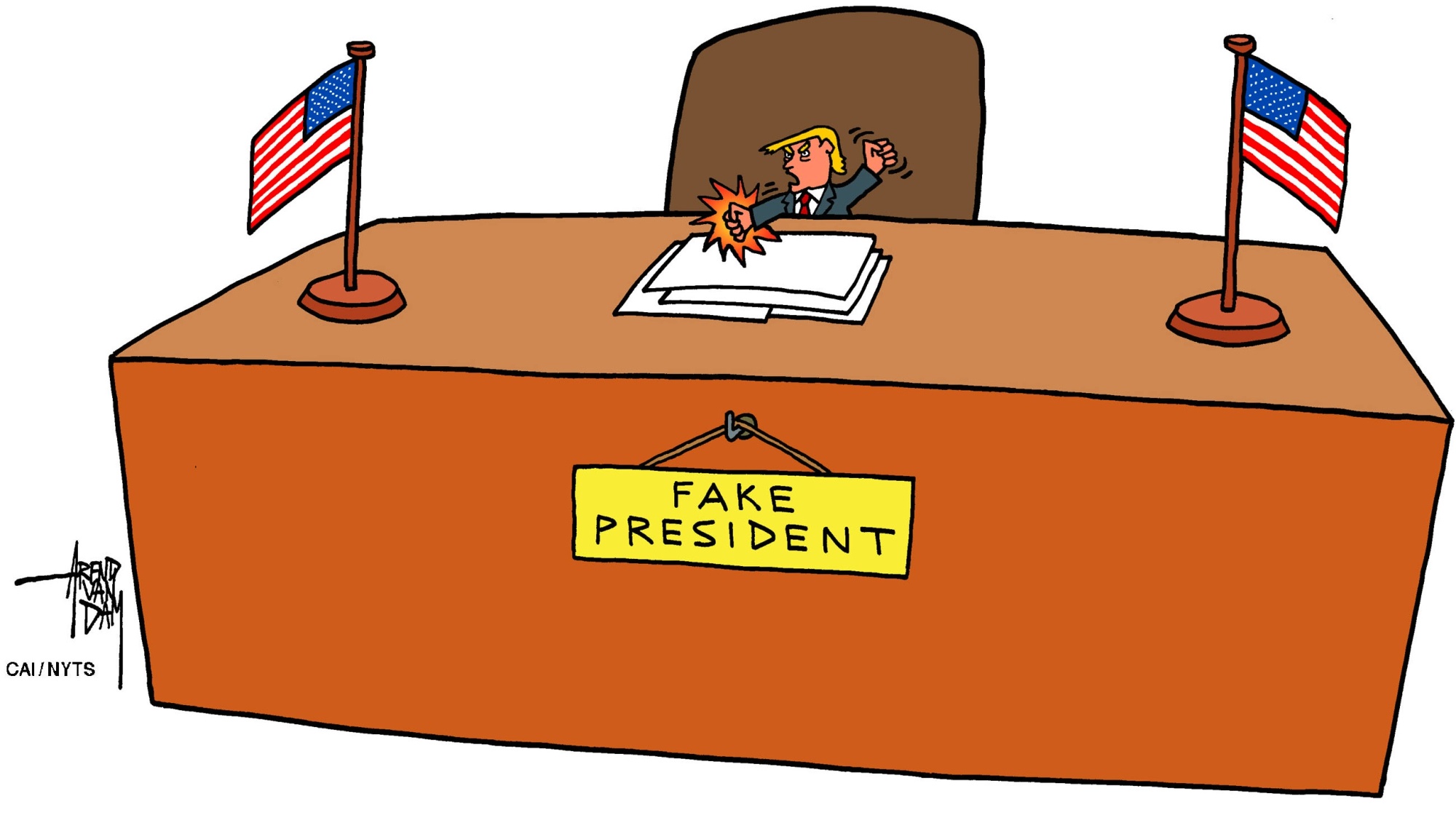Independent counsel Robert Mueller has indicted 13 Russians for waging information warfare against the United States by tampering with the American electoral process in 2016. Sadly but predictably, America's commander-in-chief did not respond by rallying his country to meet the threat. Rather, President Donald Trump went out of his way to dodge the question of Russian interference, while publicly attacking the officials and institutions that have had the temerity to confront that issue head-on.
Observers from both sides of the political spectrum, appropriately, deplored Trump's abdication of his duty to defend the nation. Yet this episode also has a broader significance: It gives the lie to the idea that the U.S. can have a constructive foreign policy while a profoundly destructive individual is president.
This idea has commanded a respectable following since Trump took office. The fact that Trump appointed mostly mainstream figures to key positions, and that his "America first" agenda has been considerably watered down in practice, has led a number of Republican policy hands to argue that the administration's actions have been broadly praiseworthy even if the president's rhetoric has not. Elliott Abrams, who worked for Presidents Ronald Reagan and George W. Bush, has argued that Trump has adopted a "fairly familiar Republican approach to foreign policy." Matthew Kroenig, who advised the Mitt Romney and Marco Rubio presidential campaigns, contends that the administration has "the right people" and "the right positions."



















With your current subscription plan you can comment on stories. However, before writing your first comment, please create a display name in the Profile section of your subscriber account page.